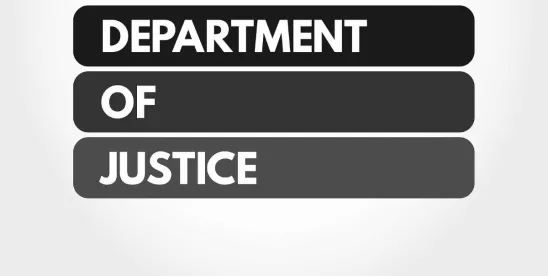Takeaways
- The DOJ suit against Illinois to block a new state law argues that Illinois is intruding on federal immigration authority.
- Illinois’ law requires E-Verify employers to post state notices and give employees advance notice of any Form I-9 inspections, among other obligations not required under federal law.
- A similar California law (AB 450) was upheld, which suggests Illinois’ employee-notice requirements might survive the DOJ’s challenge.
In its complaint in United States v. State of Illinois, No. 1:25-cv-04811, the U.S. Department of Justice (DOJ) alleges that Illinois’ new E-Verify amendment (SB 508) “encroaches on federal immigration authority” by layering state rules on the employment verification process.
SB 508 amended the Illinois Right to Privacy in the Workplace Act effective Jan. 1, 2025, imposing new obligations on any employer enrolled in E-Verify. Illinois now mandates employee notifications that go beyond federal requirements. For example, employers must display both federal and state E-Verify notices at their workplace and provide written notice to all employees within 72 hours whenever the employer receives notice of a government inspection of I-9 employment eligibility forms. Illinois also requires training for staff who use E-Verify and formal attestations of compliance to the state. Failure to meet these state requirements can trigger state civil fines.
DOJ’s Legal Challenge
The DOJ contends that Illinois is stepping into the federal government’s territory of immigration enforcement. In a press release, officials argue that SB 508 “discourages and complicates the use of E-Verify” by imposing confusing rules and threatening hefty penalties on employers. The complaint asserts that the Illinois law violates the Supremacy Clause of the U.S. Constitution and conflicts with the Immigration Reform and Control Act’s federal scheme for employment verification. DOJ officials caution that Illinois’ advance notice requirements (like alerting employees of government I-9 audits) could undermine federal immigration enforcement, for instance, by giving unauthorized workers warning that they may be losing their positions. Illinois’ law even prescribes the time, place, and manner of employee notifications, which DOJ argues goes beyond what federal law permits.
Comparison to California’s AB 450
California enacted a similar law in 2018. It required employers to notify employees in advance of any I-9 inspections and to share inspection results with affected workers, among other things. DOJ sued California, claiming interference with federal authority. The U.S. Court of Appeals for the Ninth Circuit ruled in 2019 that California’s employee-notice provisions were not preempted by federal law and did not improperly hinder federal immigration enforcement. This suggests that courts allow states some leeway to impose notification and poster rules on employers if those rules don’t directly conflict with federal employer obligations. Illinois’ requirements (including posting a state-prescribed E-Verify notice and giving 72-hour audit notices) resemble California’s and could withstand a preemption challenge.
What Employers Should Know
The DOJ’s lawsuit is in the early stages and does not relieve Illinois employers’ obligations to comply with SB 508. Employers must post the required “Right to Privacy in the Workplace Act” E-Verify notice (available from the Illinois Department of Labor) in your workplace, ensure E-Verify users are trained, and be prepared to promptly notify employees of any government I-9 inspections or E-Verify discrepancies as the Illinois law directs. HR departments should keep a close eye on the DOJ lawsuit.




 />i
/>i
